Worldwide, wheat is a rabi crop & one of the most widely consumed cereal crops. China being in the global lead at producing wheat, India stands 2nd with Uttar Pradesh as the largest wheat producing state.
The crop is widely adaptable and grows best when temperatures are warm, from 70° – 75° F (21° – 24° C), but not too hot. A lot of sunshine is needed, particularly during the grains filling phase. A clay loam or loam textured soil type with reasonable structure and moderate water holding capacity is perfect for wheat cultivation. However, excessively drained soils should be avoided.
About the irrigation schedule, the first irrigation should take place 20-25 days after sowing. The second irrigation should be given 40-45 days after planting, followed by the third 70-75 days after planting, and the fourth on 90-95 days of sowing. For optimum wheat productivity, 120 kg nitrogen, 60 kg phosphorus, and 30 kg potash per hectare are required. The N is to be applied in two split doses of 60 kg as a base and the remaining 60 kg at first irrigation and phosphorus and potash to be applied as the base.
Following are some common diseases and infections found in wheat crops and control measures to cure them:
Wheat Leaf Rust /Brown Rust: Upper surfaces of leaves, leaf sheaths, and occasionally the neck and awns are infected with circular or slightly elliptical blemishes containing orange-brown spores.
Control measure:
- Avoid excess doses of nitrogenous fertilizers.
- Zineb at 2.5 kg/ha or Propioconazole @ 0.1 % should be sprayed
- Resistant varieties like PBW 343, PBW 550, PBW 17 should be grown
Wheat Stem Rust: Dark reddish-brown pustules occur on the stems, on the spikes, and on both sides of the leaves. Before pustule formation, “flecks” may appear. The infection sites feel rough to the touch before the spores break through the epidermis.
Control measure:
- Sulphur dusting @ 35-40 kg/ha
- Mancozeb @ 2g/lit
- Resistant varieties
- Lerma Rojo, Safed Lerma,
- Sonalika and Chotil
Wheat Loose Smut: Except for the rachis, the entire inflorescence is replaced by smut spores which could be blown away by the wind, leaving only the remains of other floral structures.
Control measure:
- Before sowing, treat the seed with Vitavax @ 2g/kg seed
- To avoid the second spread, burry the infected ear heads in the soil
Karnal Bunt: Only a few grains in the ear head are affected and are infected totally or partially, and then they are converted into black powdery masses enclosed by the pericarp.
Control measure:
- A single spray of Tilt/Folicur 25 EC @ 200 ml per acre using 160 liters of water
- Under irrigated conditions, grow resistant varieties PDW 291, PDW 274, PDW 233, TL2908, TL 1210, and PBW 527 and PBW 175 under rainfed conditions.
Wheat Powdery mildew: Growth of grey-white powder appears on the leaf, sheath, stem, and floral parts. Powdery growth later becomes a black lesion and causes drying of leaves.
Control measure:
- Wettable sulfur 0.2% or Carbendazim @ 500 g/ha should be sprayed
Conclusion
Currently, it is pretty beneficial for the farmers to grow wheat since the government is trying to project a significant step to help farmers by increasing the MSP for wheat. With the cultivation comes looking after the crops, and as much it is essential to consider the market outlook, taking care of the crop’s health is equally essential.

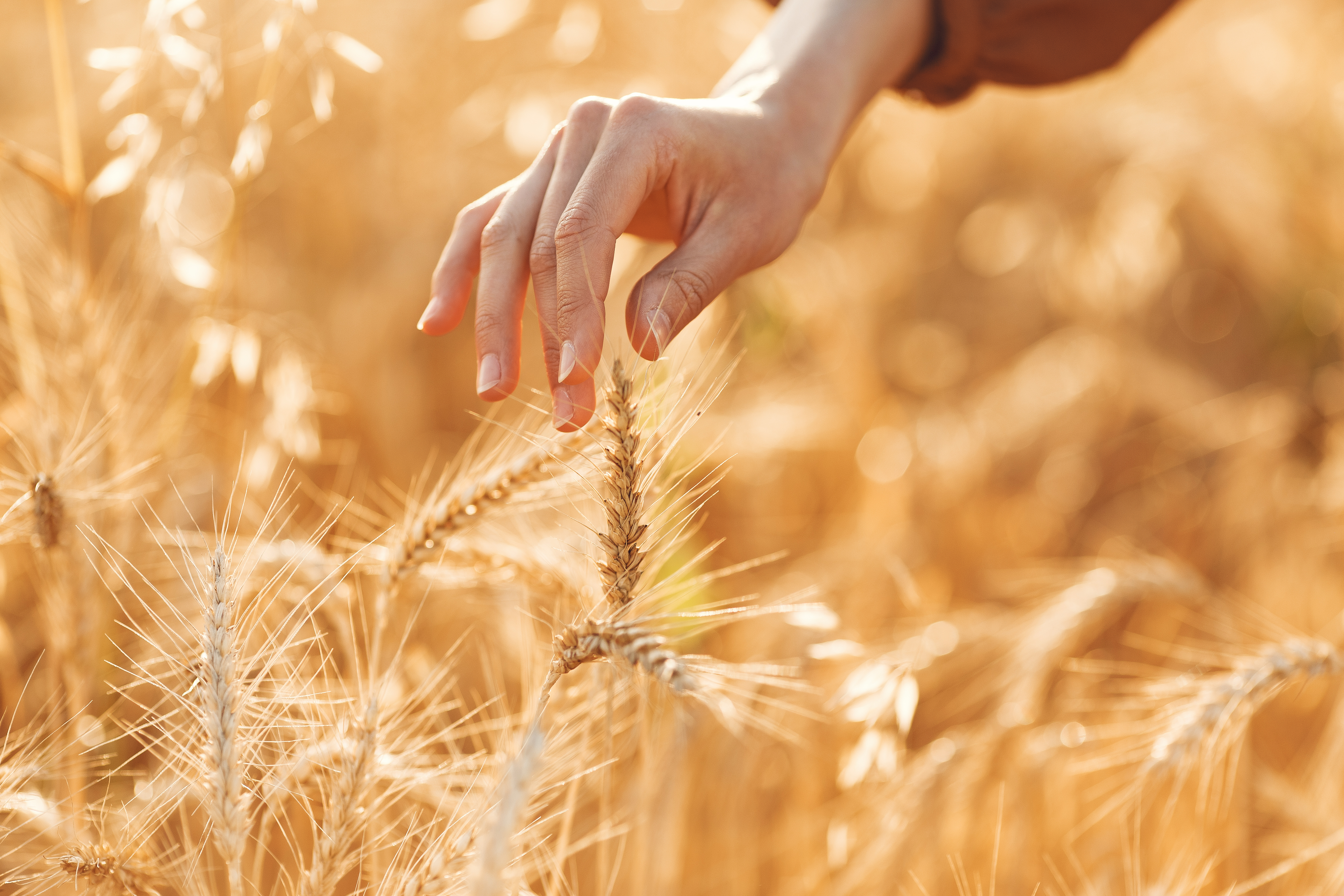
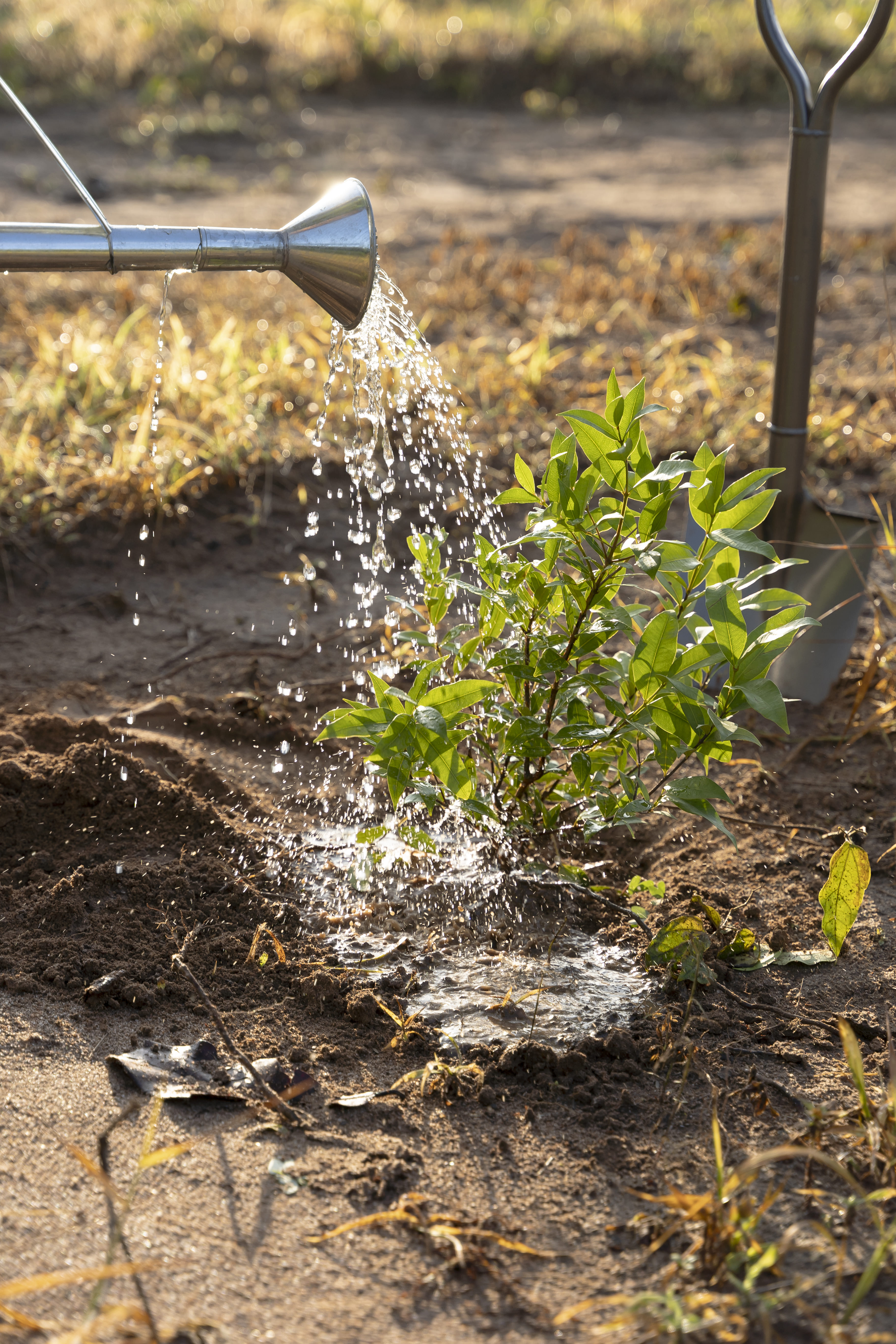

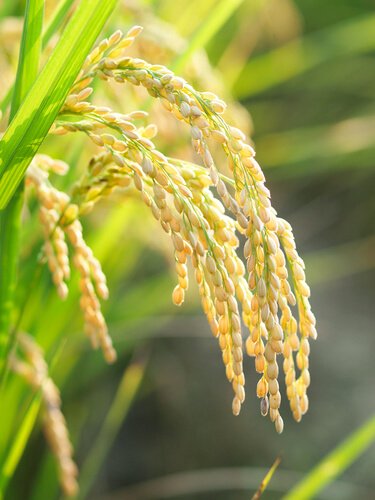
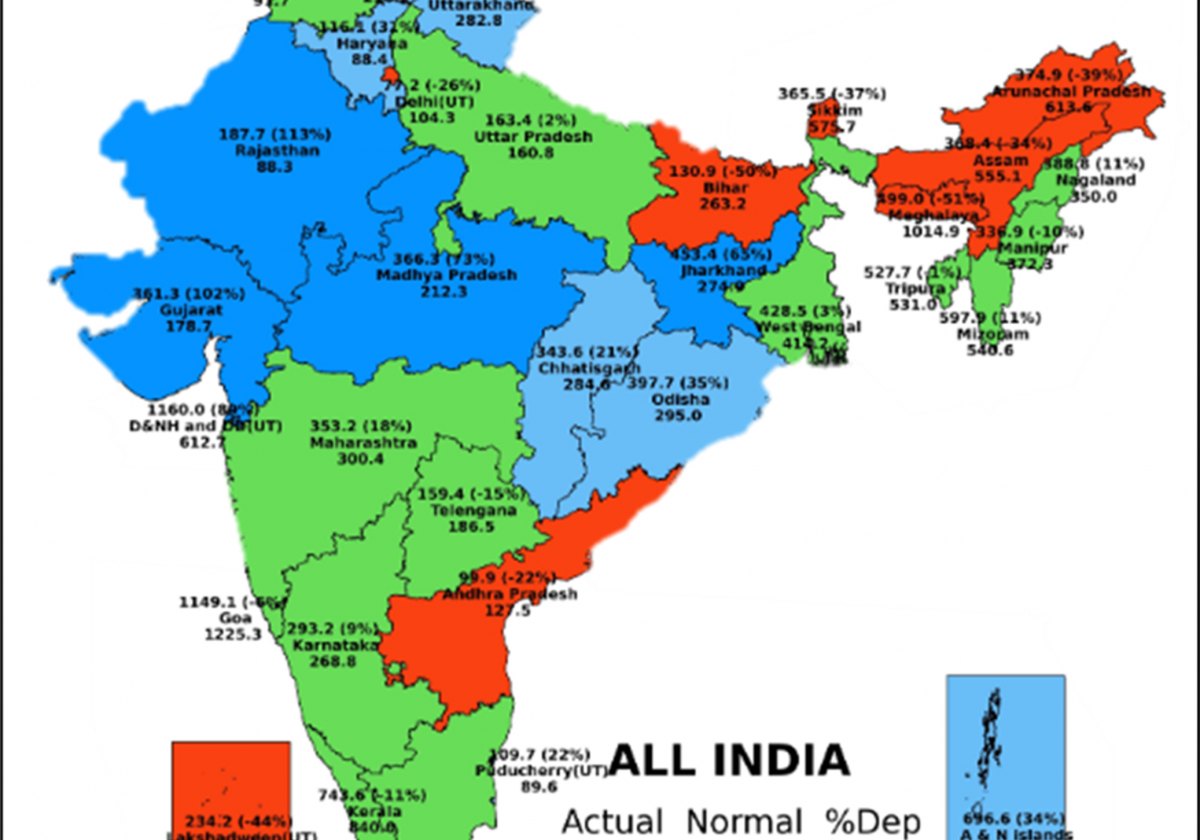

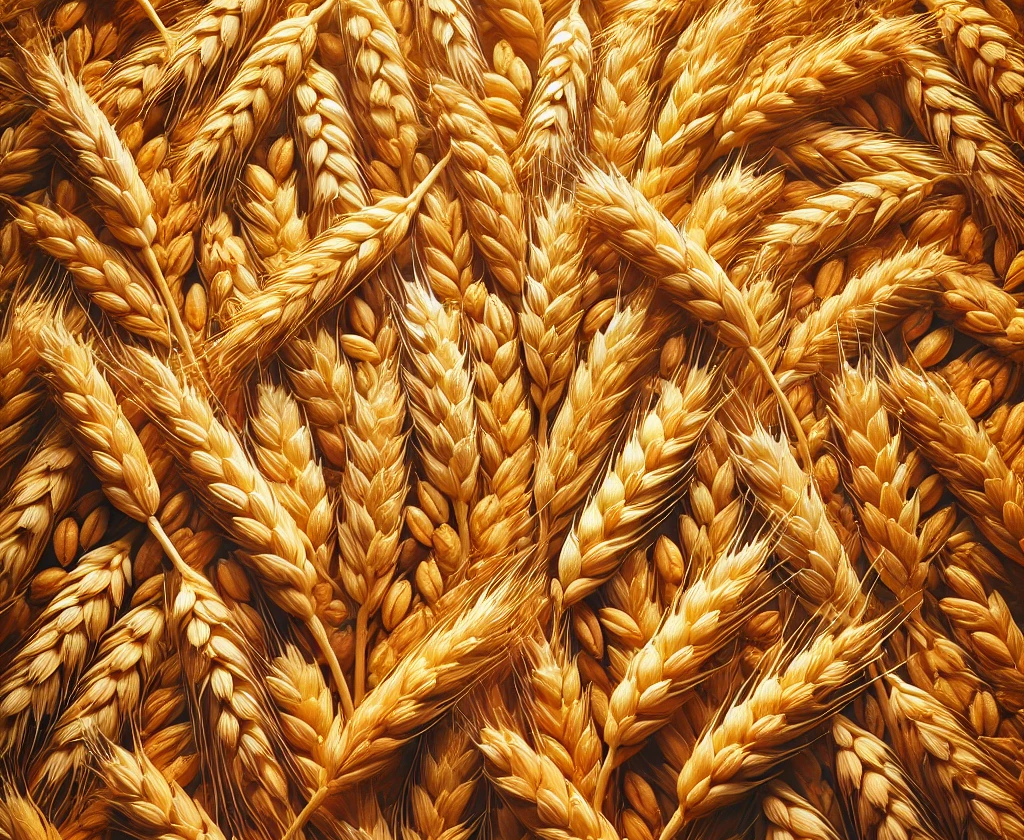
 Connect With Us
Connect With Us